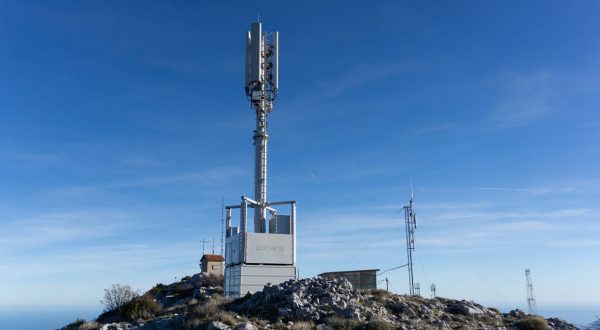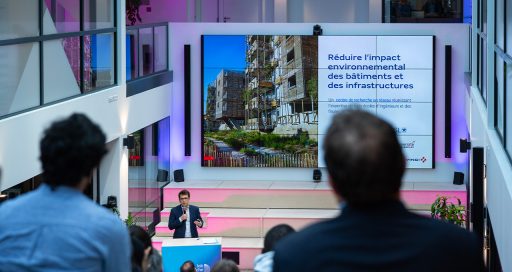“In the professional sphere, the market for immersive technologies is fully mature”
Reading time: 5 min
In just a few years, Laval Virtual has become established as a major immersive technology event. Its CEO, Laurent Chrétien, analyses the trends in a growing market for The Agility Effect.
![]()
Photo credit: Jean-Charles Druais
What led to the creation of Laval Virtual in 1999?
The event was championed by the mayor at the time, François d’Aubert, who wanted to make it a tool for economic development in the region, by creating an ecosystem around these new technologies. It was obviously a gamble! But over 20 years later, with the 25th Laval Virtual in preparation for 2023, the gamble clearly paid off. Not only does Laval’s VR-AR ecosystem employ around 400 people locally, but the show has become a key event on the international immersive technology scene. We are one of the most important focal points of this market in Europe, outside the major capital cities, of course.
How has the show changed since its launch?
Laval Virtual has accompanied the emergence and development of immersive technologies. It started in key industry sectors like defence and transport. Then it reached a wider audience with the arrival of virtual reality headsets around 2013–2014, which democratised these technologies. In 2013, we welcomed 80 exhibitors; in 2019, we received more than 300. Laval Virtual is no longer a purely professional gathering, but has become a public event largely revolving around gaming and art with the Recto VRso festival.
What were the highlights and trends of the 2022 show, which took place in mid-April?
The first point is that immersive technologies now engage almost all the senses. Sight and hearing obviously, but also touch, through new haptics-based solutions, with gloves that allow you to feel virtual objects that you touch or grasp. The latest innovations in this area even allow you to feel heat and cold. The sense of smell is also engaged using odour diffusers connected to a computer-based tool.
Another trend this year is the massive return of all virtual reality mask manufacturers. After all the barriers to adoption seen in the early years, the Covid period showed that people are becoming less and less hesitant about these new technologies. I don’t think there will be any going back now.
The final highlight this year concerns everything related to the metaverse and virtual worlds. This market is growingly strongly, creating thousands of jobs, with the number of platform publishers having multiplied fivefold in two years, from 40 to more than 250. Komodal, the virtual world events agency we launched in July, is a major player in this market. It’s the number-one virtual events operator in France, with over 300 events in one year.
What is the current maturity level of immersive technologies?
In the professional sphere, the market is fully mature. The skills exist, the equipment is ever-more accessible and there is a real willingness to invest in these new technologies. Komodal has also developed a continuous training solution for industrial, service and educational use of immersive technologies, and numerous companies are approaching us.
Adoption by the general public is happening more slowly, step by step. It will certainly be through business use that immersive technologies gradually spill over into everyday life, even more than via gaming. It will most likely affect travel, education and training at first. But there are other experiences just waiting to be invented that will emerge in the next few years.
Laval Virtual is also present in Amsterdam and Qingdao in China. What are the major innovations outside France?
Strategies differ from country to country. China is the world’s largest manufacturer of VR headsets and is clearly targeting the general public by prioritising entertainment and education. Otherwise, the most advanced countries in the market are Japan, South Korea and the United States, with France and Germany leading in Europe. But Switzerland and Austria also stand out as two countries with real capacity to create startups in this area.
“France struggles to finance projects and open up the market beyond its borders”
Where is France on the world map in AR-VR innovation?
France is fairly well placed, albeit not among the best. It struggles to finance projects and open up the market beyond its borders. But there are dynamic companies in France, like Lynx, the VR mask manufacturer, or the solutions integrator Immersion, and Komodal, of course. All the same, the French market has 500 or 600 companies either specialising in hardware and software or working on applications and uses for the technologies.
18/07/2022




